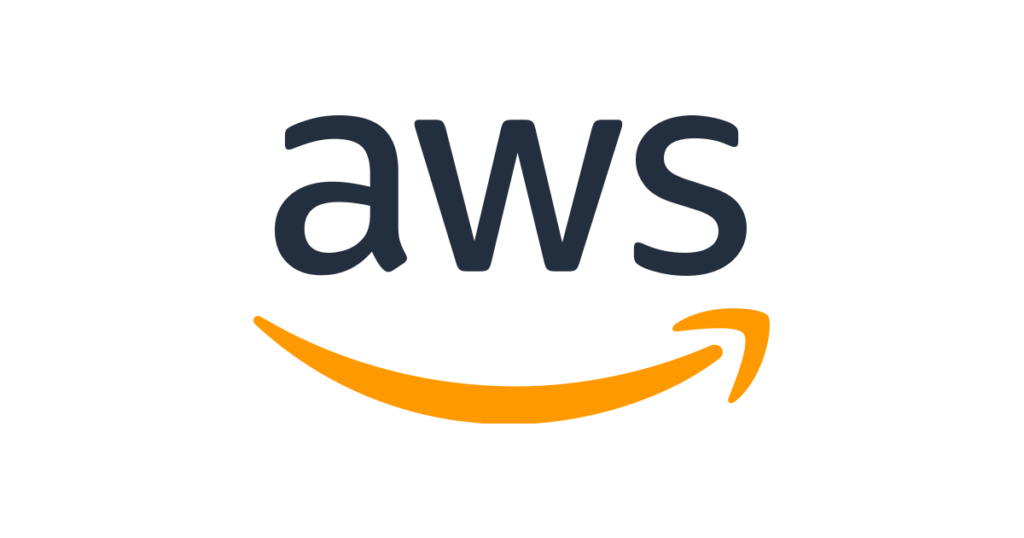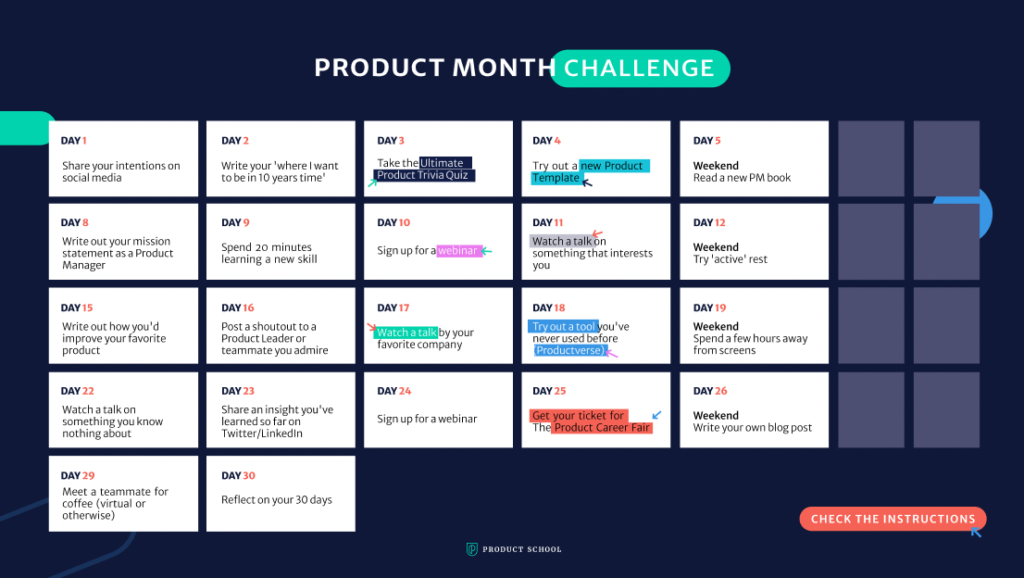
Mobility is an increasingly complex matter to society.
Product, Projekt & Agile: Thoughts and articles that touch and cover Product and Project Management, for the majority with Agile Methodologies. These items include Market Observation, Competitive Analysis, Backlog Prioritisation, but also choice of tools and technology.

Mobility is an increasingly complex matter to society.

Künstliche Intelligenz ist immer noch in aller Munde, weil es Produkte allein durch Anwesenheit besser macht. Gewissermaßen ist kein Produkt vollständig, wenn es nicht irgendwas intelligenter macht als das Vorgängermodell. Und so braucht auch die Kaffeemaschine irgendwas intelligentes, um sich abzuheben.
Das aktuelle Gerät von Jura kann sich offenbar merken, was die Benutzer so trinken.
Irre.

Man kann mit dem Porsche 911 nun auch campen gehen. Dank des von Porsche Tequipment entwickelten, hergestellten und vertriebenen Dachzeltes. Jedenfalls berichten das einschlägige Motormagazine. Das sortiere ich einmal unter “Produkt” ein, offenbar gibt es dafür eine Marktlücke.
Ich dachte, Ihr solltet das wissen.
Every concept starts with a con
Solid Product Management Advise
Unfortunately I lost the source for this quote and it’s sat in my drafts folder for more than a quarter. Still I felt like I need to write down a few thoughts about it and share it here.
Because it’s actually solid advice to any product manager or designer, in particular those that work on concepts for new ideas.
This, of course, is very different if you work in a corporate then it is for a start up. Then again, it’s only the type of people that raise a con.
One very fundamental difference the start-up has to the corporate:
Did you ever work in waterfall managed projects? Coming to a company that introduced agile just recently, chances are you will recognise plenty of behavioural patterns. Playing the waterfall game to pretend to be agile is called an agile theatre.
The phenomenon of this agile theater is not new. And in fact, a misunderstanding of fundamental principles in agile is one of the major issues with the introduction of this approach. Going full agile requires a fundamental change of culture, a lot of trust and self-sufficiency, that most companies cannot find easily, in particular coming from traditional industry best practices and established waterfall procedures. Most often the introduction of agile methods for project- and product management ends with the introduction of new language.
In this matter, smharter.com was kind enough to collect and publish a collection of translation helpers, to help you identify an agile theatre. The terms and their translations will help you identify agile theater much quicker.
via www.smharter.com
January is still the month to make predictions for the coming year. I covered a few articles of different areas in other blog posts before, and today its productboard to make predictions for 2022. Their 6 product management trends that will shape in 2022 revolve around talent and KPIs, along with resiliency and processes.
Talent scarcity will hamper growthThe entire organization will seek greater visibility into productAn information tsunami may overwhelm unprepared teamsMore products will meet people where they workResiliency remains critical in uncertain timesProcesses will become more flexible

AWS announced general availability of “CloudFront Functions“. The product allows deploying lightweight functions on the edge of CloudFront’s CDN deployment, bringing logic close to the end user. After CloudFlare initiated a trend with their Workers, AWS is the third major cloud player to enter the space with this offering.
The purpose of such an architecture is to bring specific logic closer to the consumer, therefore delivering richer, more personalized content with lower latency. With a distribution across 225+ CloudFront edge locations in 90 cities across 47 countries the promise is huge.
To get developers kickstarted, AWS published a Github repo with examples. As one would expect, these are primarily revolving around http header manipulation and authentication. CloudFront Functions runs JavaScript.
30 Days to a Better PM – That’s the goal of Product School’s #ProductMonthChallange. A different challenge for the entire month of April. Part of the challenge is to share your intentions on social media – like I do with this writing – but you can also follow Instagram. The challenge will start April 1st. That’s two days from now!
Join us for 30 days of learning, growing, and connecting as product people. Download your calendar for your #ProductMonthChallenge!
From the challenge

Day 1: Share Your Intentions on Social Media
Day 2: Write about where you want to be in 10 years time
Day 3: Take the Ultimate Product Trivia Quiz
Day 4: Try out a new product template
Days 5-7: Read a new PM book
Day 8: Write out your mission statement as a product manager
Day 9: Spend 20 minutes learning a new skill
Day 10: Sign up for a webinar
Day 11: Watch a talk on something that interests you
Days 12-14: Try ‘active rest’
Day 15: How would you improve your favorite product?
Day 16: Shoutout a product leader
Day 17: Watch a talk by your favorite company
Day 18: Try a new tool you’ve never used before
Days 19-21: Spend some time away from screens
Day 22: Watch a talk on something new to you
Day 23: Share an insight you’ve learned
Day 24: Listen to a new podcast
Day 25: Sign up for the next big event
Days 26-28: Write an article/blog post
Day 29: Meet a teammate for a coffee
Day 30: Reflect on your 30 days
Source: Product School.com
Building a product is always for a customer. Developing with this fact in mind helps developers turn their love for technology into more relevant results. Jake Levirne explains the approach for very technical products at Digital Ocean in a small series of videos.